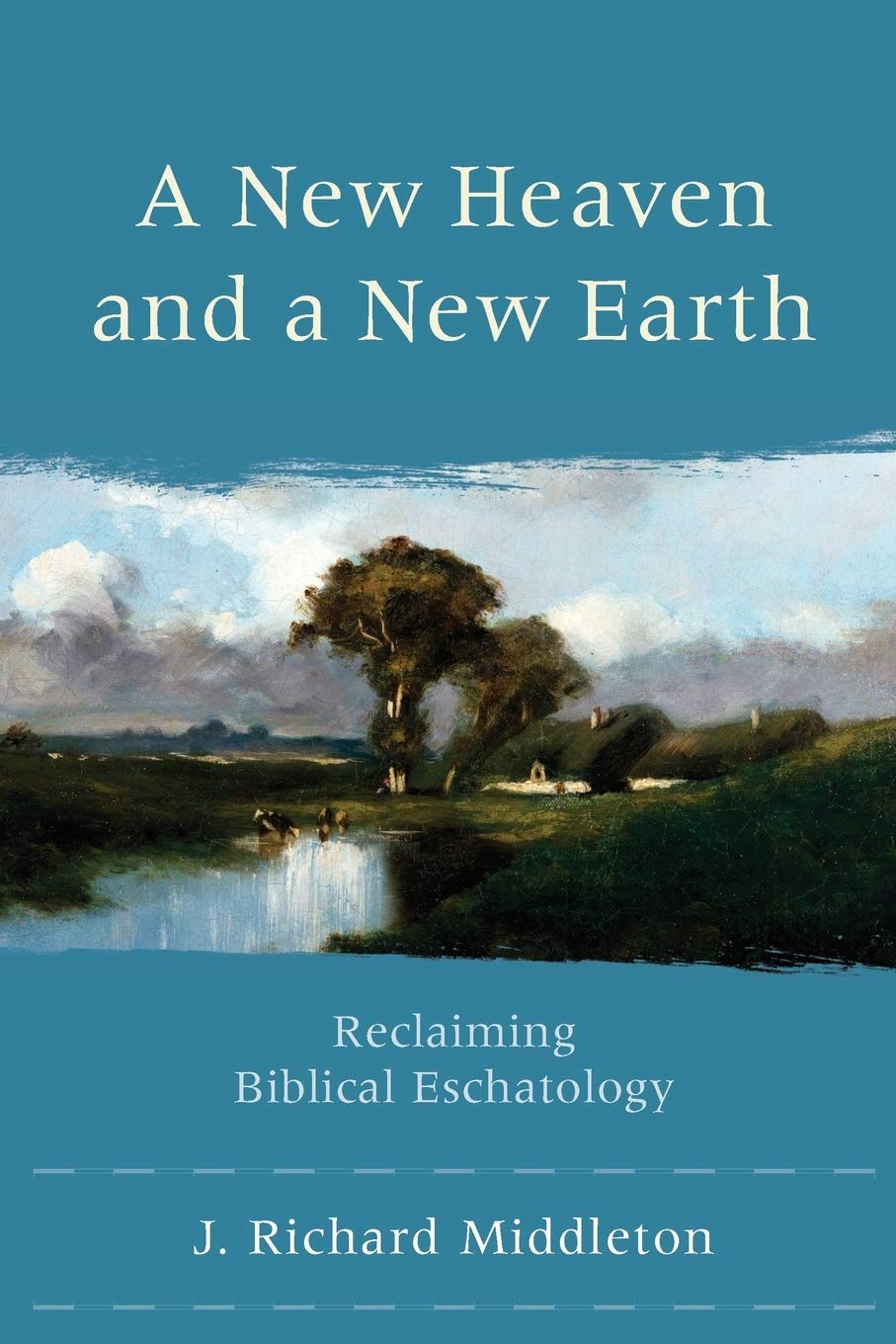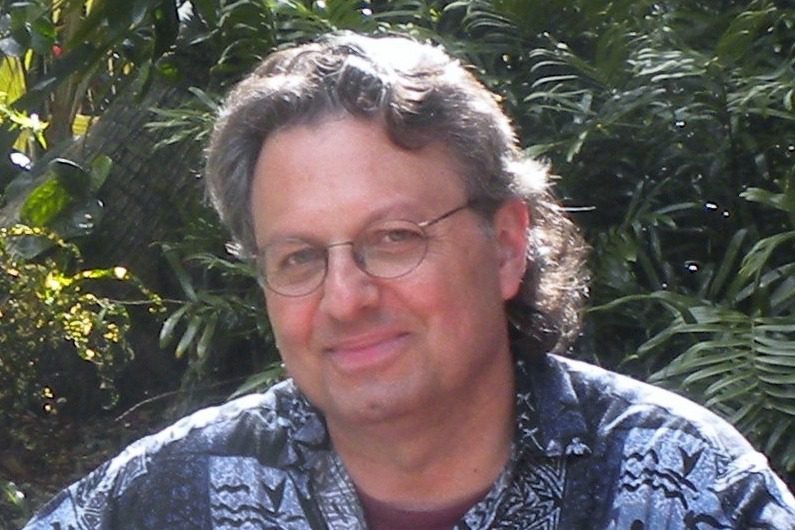Speaking from his office in Rochester, NY Dr. Richard Middleton listens and then speaks as if he’s been nodding silently along the entire conversation. He seems both to ingest the questions and conversation happening, but also interpret both as a means to form his answer.
Actively listening is a rare skill and one that Dr. Middleton wields easily – and it makes for a very informative yet informal discussion of a very serious topic.
Today we are discussing the subject of Creation Care, an evangelical environmental movement that has gained popularity in recent decades, though Dr. Middleton, like some of contemporaries, takes issue with this term.
Dr. Middleton leads off with, “What gets called creation care, which I don’t really like the term – because you’re not caring for the outer planets, you just cared for the earth, right? So it’s more limited. I prefer ‘earth keeping’, if you will.”

Born and raised in Jamaica, his early life in the Caribbean strongly informs his work.
“I grew up in a beautiful country that had mountains in the middle and ocean all around, I was aware of the natural beauty of the world. It also has pollution in Kingston Harbor, the seventh largest harbor in the world – you can’t even eat the fish out of the harbor, even when I was growing up. So I was aware of these things, ” he shares.
One can tell that Dr. Middleton has put a lifetime of thought into these questions and that he seems to have always been in search of these answers. That search has led him to the heights of academia and to author and co-author multiple books on Christian living and the Christian worldview.
Dr. Middleton is a professor of Biblical Worldview and Exegesis at Northeastern Seminary in Rochester, NY, and adjunct professor of Old Testament at the Caribbean Graduate School of Theology in Kingston, Jamaica. Previously he served as president of the Canadian Society of Biblical Studies (2019–2021) and before that as president of the Canadian-American Theological Association (2011–2014). Dr. Middleton holds a BTh from Jamaica Theological Seminary and an MA in Philosophy from the University of Guelph.

His credentials precedes him, but it’s his passion when he speaks, and his curiosity, that sets him apart from his fellow academics. “God put us here for a purpose. What’s our purpose? That was how I got into creation’. I was originally in philosophy, thinking about the big question. But I wanted to understand the Bible so I got into Biblical studies, and that focus (was) on the topic of creation. What was the world about? How did God make the world? Why is the world here? How do humans relate to that? What’s the nature of wisdom? How do we search for the meaning of the world? So these questions were the big questions that got my interest,” Dr. Middleton shares.
One can tell he has no shortage of heavy questions to ask and try to answer. Dr. Middleton uses this curiosity to help inform the world around him, and himself a little better as well.
One of his main points of emphasis is in bridging the gap between science and faith. This is one of the many reasons Dr. Middleton enjoys his work with Biologos, an organization founded by world-renowned scientist Dr. Francis Collins, whose mission it is to show that science is not in conflict with scripture but rather enhances faith.
Dr. Middleton laughs and explains his affinity for the organization and their point of view, “They’re not burying their heads in the sand, like many Christians have been doing over the years scientifically. They’re actually facing them to try to understand them with no fear. And that’s why I love the organization. They don’t make you have a particular view of either theology or science. Whatever view you have, if you’re open to conversation, you join the conversation.”





 Copyright
2024
Root and Vine
Copyright
2024
Root and Vine